Dhaka, July 20, (V7N) – Following widespread violence and arson across Bangladesh on Friday (July 19), including the capital Dhaka, the government imposed a nationwide curfew starting at midnight. Army personnel were deployed across the country in response to escalating unrest, as clashes erupted between protesters and police.
The chaos unfolded after police opened fire on demonstrators in various parts of the country, triggering outrage. In retaliation, enraged students and civilians vandalized and set fire to multiple government and private establishments, effectively bringing the nation to a standstill. The capital, Dhaka, was described by many as resembling a war-torn city.
On Saturday (July 20), the first morning under curfew, Dhaka's streets were nearly deserted. Most shops remained closed, and only a few vehicles were seen moving. However, the curfew was defied in several areas including Rampura, Jatrabari, Badda, and Shahjadpur, where fresh protests, clashes with police, chases, and even gunfire were reported. Army personnel patrolled almost every major road in the city.
Government's Response and High-Level Meetings
On the night of July 19, shortly after the curfew was announced, Prime Minister Sheikh Hasina held an emergency meeting at Ganabhaban with law enforcement officials and leaders of the 14-party alliance. Simultaneously, three ministers met with leaders of the anti-discrimination student movement at the state guest house Padma, where protesters presented their demands.
After the meeting, then Law Minister Anisul Huq stated that the students' demands were "reasonable." However, protest leaders dismissed the dialogue as a staged performance. Hasnat Abdullah, a key organizer of the Jatiya Nagorik Party's southern division, told reporters, “We cannot engage in state-level discussions where students have been killed. The shutdown program will continue.”
Sarjis Alam, organizer for the northern region of the same party, added, “We presented our 8-point demand that day, but our press briefing was not allowed to be broadcast.”
Infrastructure Damage and Legal Actions
That same day, a case was filed against unidentified individuals for arson attacks on the Bangladesh Television (BTV) building and several Metrorail stations. Dhaka Mass Transit Company Limited (DMTCL) later announced that repairs to the damaged Metrorail stations could take over a year.
The government extended the curfew indefinitely following another meeting with law enforcement agencies. Flights were canceled at Hazrat Shahjalal International Airport, adding to the public’s suffering. In light of the unrest, the government declared a two-day general holiday.
International Reactions and Detentions
In response to critical international media coverage, then Foreign Minister Dr. Hasan Mahmud claimed that “false information” was being spread abroad and announced that letters would be sent to the concerned outlets to clarify the situation.
Meanwhile, law enforcement authorities arrested 70 leaders and activists linked to BNP and Jamaat-e-Islami, including Amir Khasru Mahmud Chowdhury, Nazrul Islam Khan, and Ruhul Kabir Rizvi. Additionally, the family of Gana Adhikar Parishad President Nurul Haque Nur alleged that he had been detained by security forces.
END/RH/AJ



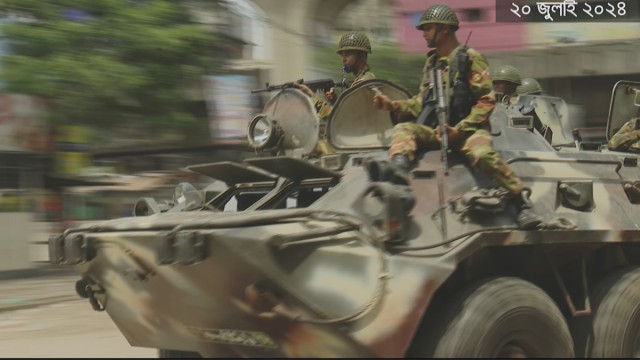
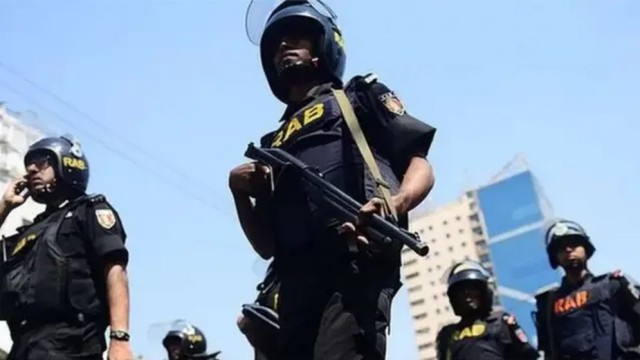
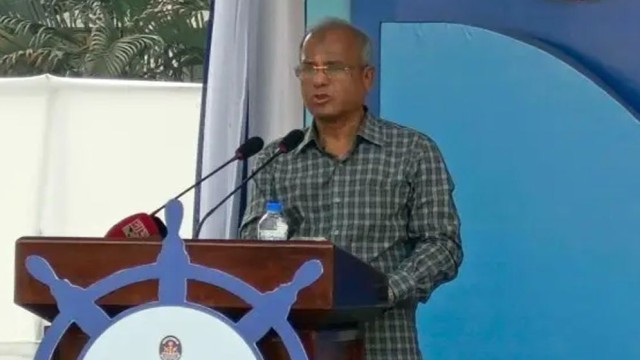
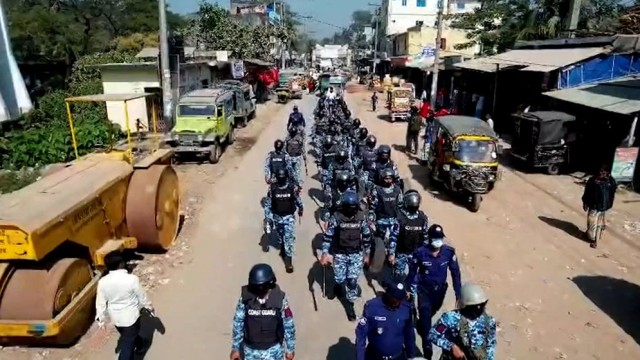
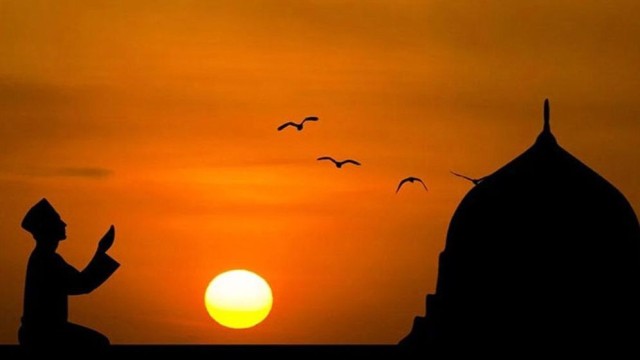
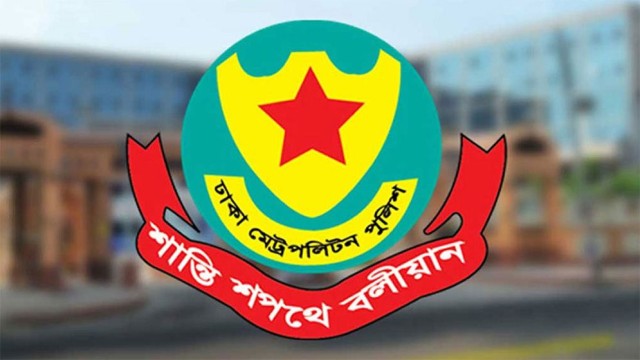
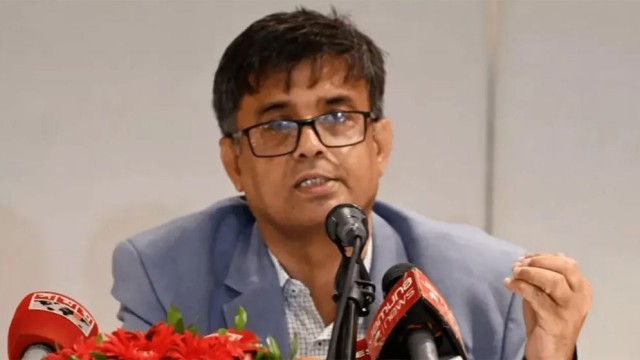

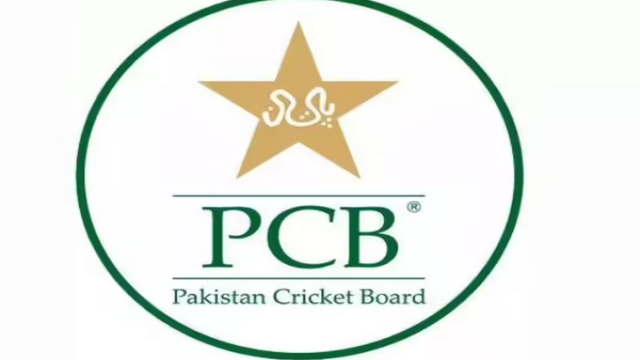
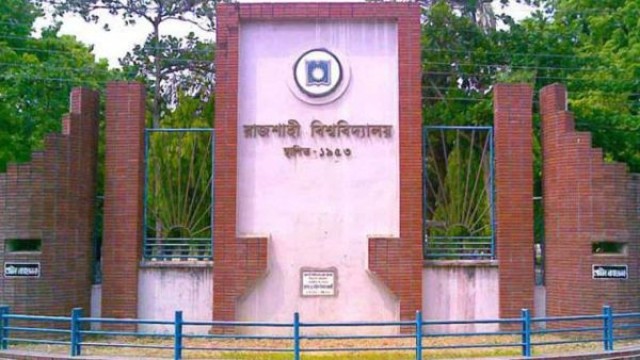
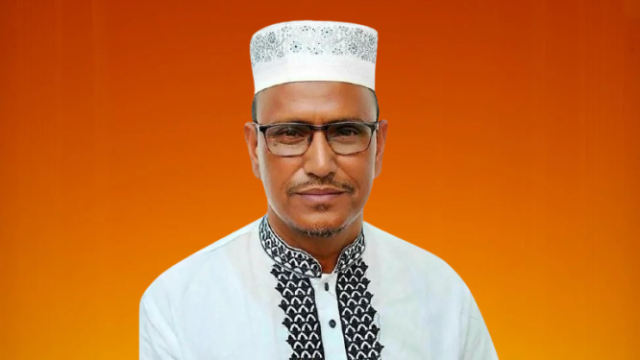
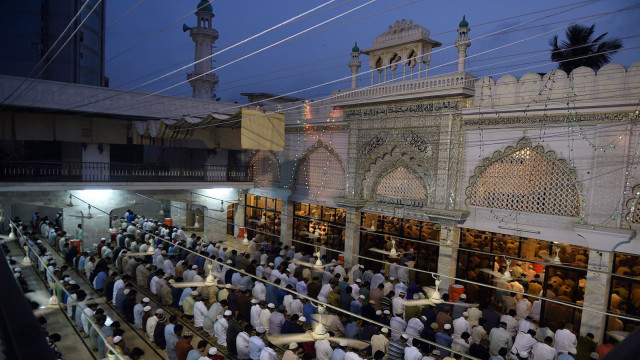


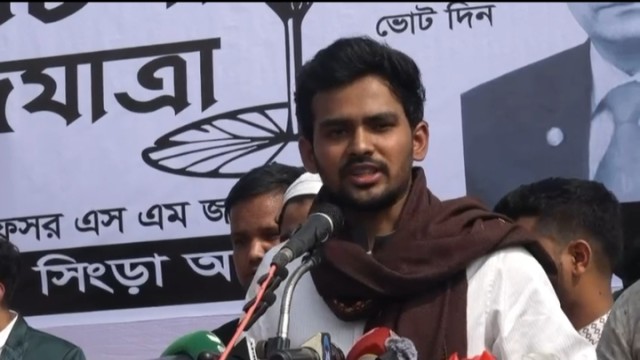
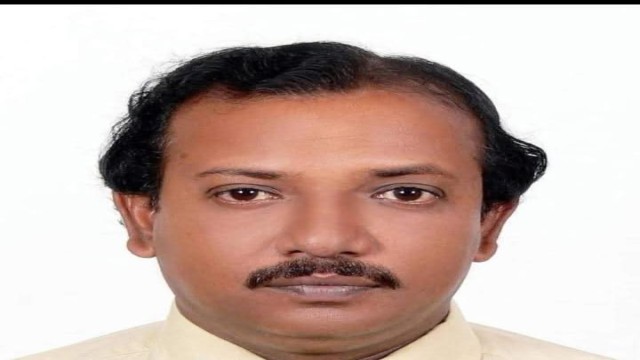











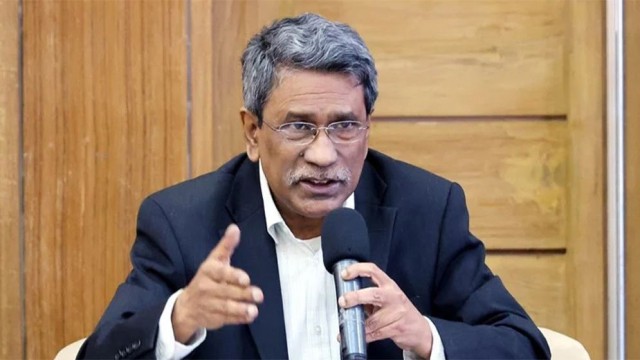
Comment: